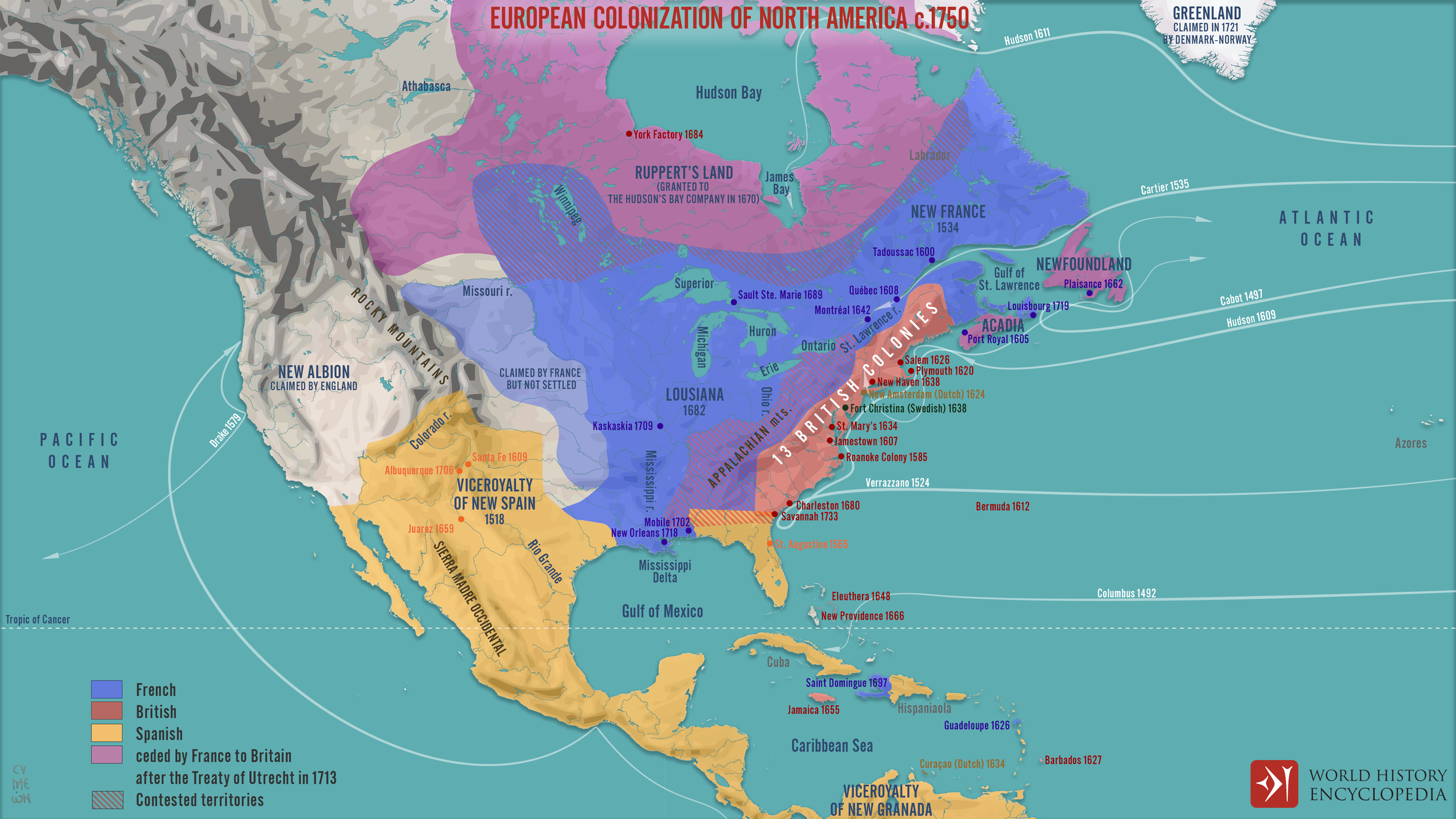Migrations
If family trees are credible sources, Peter Allison Lewis, who lived in Spartanburg, SC, from 1725 until 1801 (give or take), is a direct ancestor. It’s hard for me NOT to have some skepticism over family trees: how many of us truly understood, when we first learned about Sarah and Abraham in Sunday School, what lifestyle they lived that gave birth to Ishmael? Go back far enough, I have little doubt that baby Daddy secrets have happened at least once in every family. Particularly when one realizes that there is a moment in humanity, called the genetic isopoint, where family trees merge. In other words, a “handmaid” or secret affair or “unconventional lifestyle” that resulted in a pregnancy is in everyone’s history.
Still, the existence of ancestors here poses an unexpected curiosity. Have I already walked a street where Peter Lewis rode a horse 250 years ago? Have I biked along a road that traverses property he once owned? Have I unknowingly already met a far distant cousin? It’s unlikely that the sunset has changed in 250 years, although that belief requires me to ignore the impact of air pollution.
Family migrations fascinate me, sometimes in complicated ways. The word “migration” in this context raises its own intense scrutiny: What does “migration” mean? How do migrations happen? Who migrated by choice? Who was forced, whether by war, invasion, family, slavery, exile, or other factor? Can we follow and trace these pathways? U.S. Census records have been a critical tool for genealogists of all stripes. Still, older U.S. Census records are limited by the nation’s history, where records listed slaves (at most) by first name alongside their masters and Indigenous Americans weren’t counted at all.
Despite these obstacles, what can we learn in mapping these movements? If I trace my Euro-American ancestors, what else should I map? Who else should I map? What happens when I uncover ugly truths like slave ownership or road blocks like Indigenous American ancestors for whom I have no further history? How easily did my family move and gain access to property and good schools? Where did my family serve as gate keepers for access to others? When it comes to more recent history, how did my ancestors either participate in or benefit from redlining and sundown towns?
What can I (or anyone else learn) from family migrations? Perhaps it taps into something I remember from childhood, when conversations about individuals often included “where their people are from.” The story was never about “Jane from Delight” but most often “Jane from Delight, she was a Smith from over in Clark County near Arkadelphia.”
Why the imperative to root ourselves into specific places?
